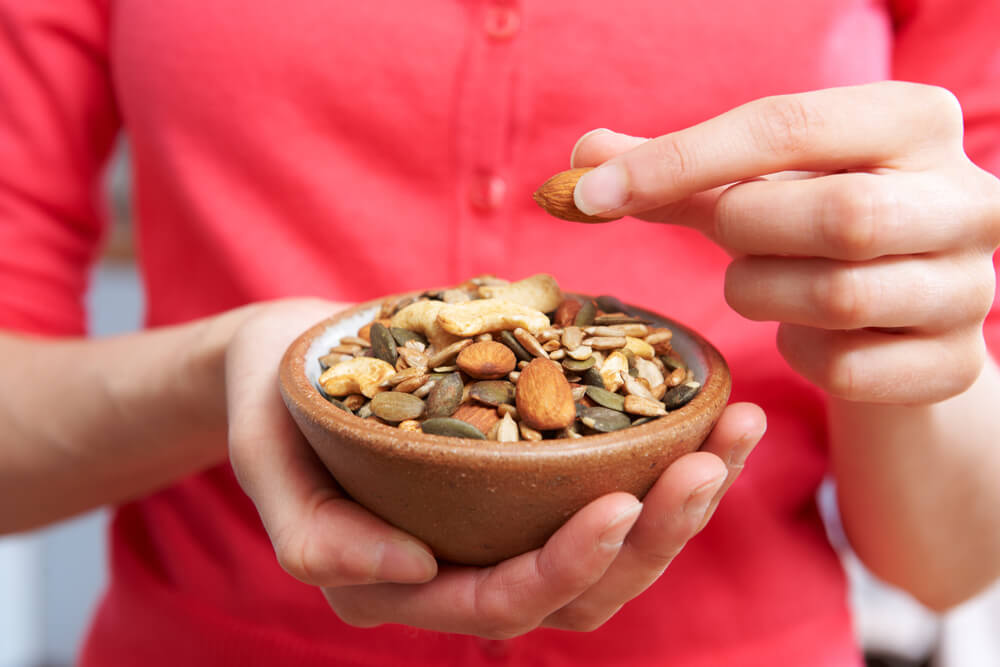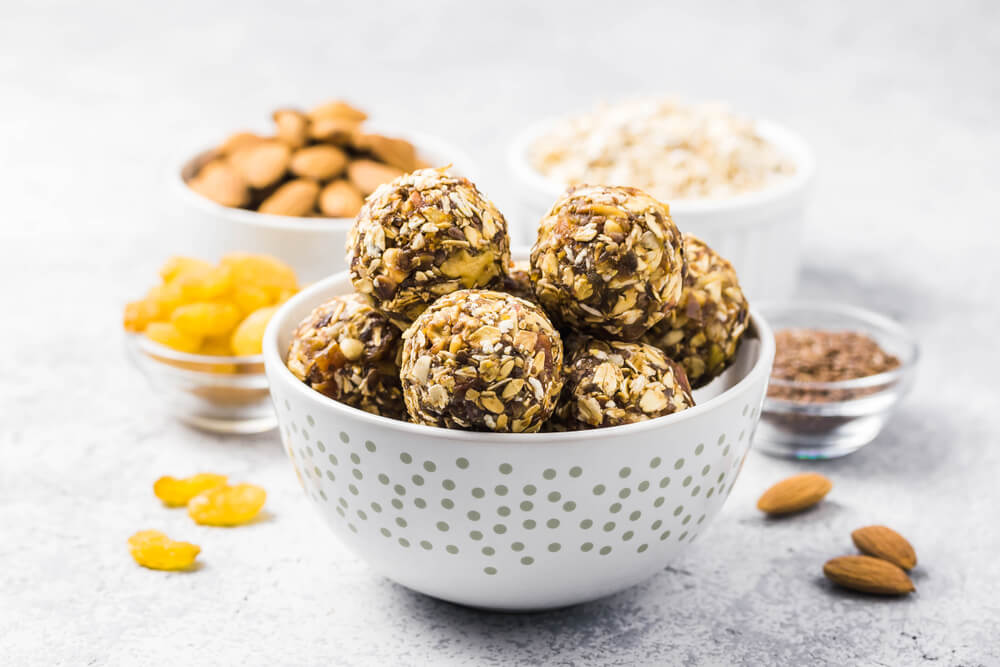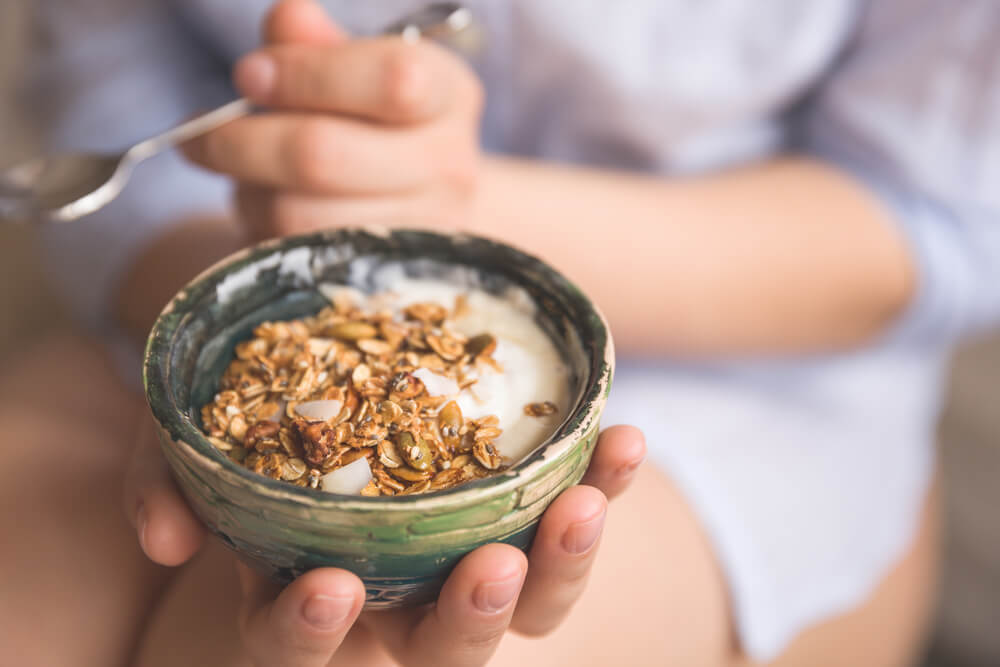
Exploring the Powerful Benefits of Nuts for Your Cognitive and Overall Health

For a nutrient-dense snack that contributes to weight management, while also providing advantages for heart and brain health, consider incorporating a daily portion of assorted nuts into your eating routine.
Nuts and seeds are a nutritional powerhouse, boasting low carbohydrate content and an abundance of fiber, protein, antioxidants, crucial vitamins and minerals, as well as an assortment of beneficial phytochemicals. Research suggests that including nuts and seeds in your diet could potentially diminish the likelihood of various conditions such as elevated blood pressure, heightened cholesterol levels, and inflammation, which are linked to the development of ailments like heart disease, diabetes, cancer, and stroke.
Nutritional profile of mixed nuts
While nuts and seeds are packed with essential nutrients that can enhance a balanced diet, it’s advisable to consume them in moderation due to their elevated fat and calorie content. It’s important to note that the fats found in nuts and seeds are primarily of the unsaturated variety, including beneficial omega-3 fatty acids that promote heart health. Nonetheless, like any indulgence, overconsumption can undermine your efforts to opt for healthier, low-fat, and low-calorie snack choices.

What makes nuts and seeds so beneficial?
Nuts and seeds are considered superfoods, offering a multitude of health benefits even in small quantities.
Here are some advantages:
- Positive impact on Lipid Profile: consuming nuts in moderation is unlikely to adversely affect your lipid panel. In fact, research suggests that they may contribute to reduced bad cholesterol levels.
- Source of Phytosterols: Nuts and seeds also include sources of phytosterols, a substance that holds potential in cholesterol reduction. These naturally occurring sterols contribute to the health benefits of these foods.
- Rich Source of Omega-3 Fatty Acids: While commonly associated with fish, omega-3 fatty acids are also prevalent in nuts. These essential nutrients play a role in maintaining the structural integrity of cell walls throughout the body. Maintaining a balanced intake of omega-3 fatty acids is also crucial for preventing potential imbalance linked to neurodevelopmental disorders.
- Rich in Dietary Fiber: Nuts and seeds offer a significant source of dietary fiber, which plays a key role in regulating the immune system, combating inflammation, and promoting regular bowel function. This fiber content is particularly beneficial for maintaining gut health. For individuals aged 50 and above, the Institute of Medicine recommends a daily intake of 25 grams for women and 30 grams for men. A mere handful of nuts supplies nearly four grams of fiber. A diet high in fiber can also support the growth of beneficial gut microbes, which play a role in producing short chain fatty acids, which is important for gut health and can potentially influence brain health through various pathways.
- Rich in Vitamin E and L-arginine: Vitamin E, present in substantial amounts in nuts and seeds, contributes to the prevention of arterial plaque formation. This plaque buildup, if unchecked, can lead to conditions like heart disease, angina, and cardiac arrest. Additionally, L-arginine, a component found in these foods, aids in enhancing blood flow by increasing the flexibility of artery walls and reducing the likelihood of blockages.
- Good source of protein: Nuts and seeds encompass varying levels of protein content, making it beneficial to consume a diverse range. Protein is essential for cellular repair and regeneration. For optimal intake, protein should constitute approximately 10 to 35% of your daily calorie consumption. This equates to around a minimum of 50 grams of protein per day for adults.
- Antioxidant Powerhouses: Within nuts and seeds lie a rich reserve of antioxidant vitamins and phenolic compounds. These compounds play a role in reducing inflammation and alleviating oxidative stress. Oxidative stress triggers an internal imbalance, allowing an excess of free radicals within the body’s cells. Research shows that by neutralizing these free radicals, nuts and seeds have demonstrated the ability to effectively mitigate oxidative stress, thereby promoting overall health and reducing the undesirable effects of aging.
- Other possible benefits to include:
- Support the production of neurotransmitters, such as dopamine and serotonin, which regulate mood and behavior. Thus, reducing the risk of depression and anxiety.
- Boost energy levels and combat fatigue, which can positively impact cognitive performance.
- Nuts have a low glycaemic index and can help regulate blood sugar levels. Stable blood sugar levels are important for brain health and reducing the risk of cognitive decline.
While nuts can be a beneficial component of a brain-healthy diet, it’s important to adopt a comprehensive approach to brain health that includes a well-balanced diet rich in a variety of nutrient-dense foods, regular physical activity, adequate sleep, stress management, and cognitive engagement.
How often should nuts and seeds be eaten?
As mentioned above, nuts and seeds are calorie-dense, so portion control is key. A standard serving size is about 1 ounce (28 grams) per day, which is roughly a small handful. This provides nutritional benefits without excessive calories. Substitute between different types of nuts and seeds to ensure you are getting a broad spectrum of nutrients.

How to incorporate them into your diet
- Add pumpkin seeds to salads, oatmeal, rice, sweet potatoes, and quinoa for added flavor, fiber, and texture.
- Incorporate nuts and seeds—such as pine nuts, sunflower seeds, chia seeds, and pumpkin seeds—into smoothies. These choices are excellent sources of protein, fiber, and omega-3 nutrients.
- Create your own trail mix by blending nuts and seeds, and then adding the mix to yogurt or enjoying a handful as a snack.
- Nutty Pesto: Blend nuts like pine nuts or walnuts into homemade pesto to serve over pasta, grilled vegetables, or as a dip.
- Stir-Fries: Sprinkle seeds (e.g., sesame or pumpkin seeds) over stir-fried dishes to add a nutty crunch.
- Baked Chicken or Fish: Use crushed nuts or seeds as a coating for baked chicken or fish, adding a flavorful and nutritious crust.
- Fruit Parfaits: Layer yogurt, fruits, and a sprinkle of chopped nuts or seeds to create a nutritious and indulgent dessert.
- Nutty Bites: Create small energy bites by combining nuts, seeds, dried fruits, dates, and honey. Roll them into bite-sized balls for a sweet treat.
- Frozen Yogurt Bark: Mix chopped nuts and seeds into Greek yogurt, spread it onto a baking sheet, and freeze for a delicious frozen dessert.
In the pursuit of optimal brain health, nutrition plays a crucial role.
Nutrition stands as a core component within The Brain & Performance Centre, a DP World Company. Building the right nutrition plan involves a comprehensive analysis, taking into account your dietary intake, habitual behaviors, personal preferences, existing health conditions, and aspirations. The outcome is a personalized roadmap intended to provide your brain and body with the precise combination of nutrients and energy necessary for the rejuvenation process.
Our approach is built upon a comprehensive assessment of your dietary intake, habits, preferences, health conditions, and individual objectives. Throughout the Programme, your dedicated dietitian closely monitors your nutritional consumption to ensure that you are deriving the maximum benefits as you make progress.
If you’re interested in understanding how our programme operates and its advantages, Contact the clinic to learn more.
The Brain & Performance Centre provides you with a unique opportunity to invest in your health while you age


